 |
 |
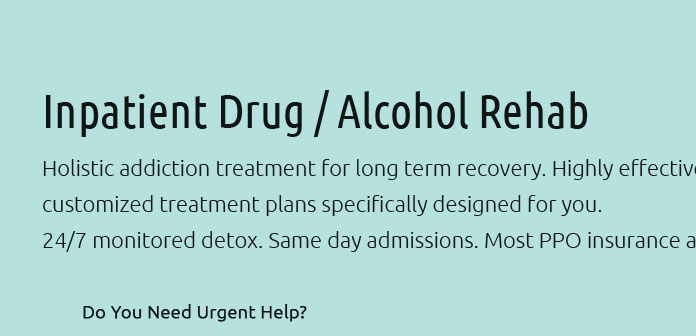 |
 |
 |
 |
||
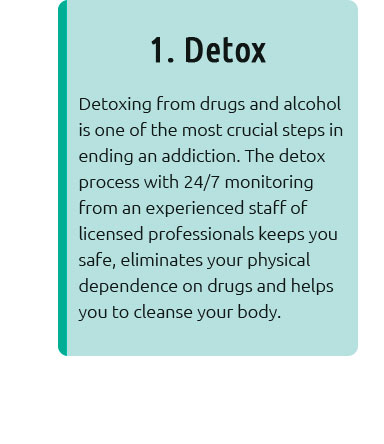 |
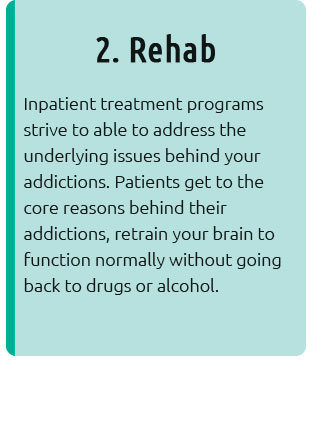 |
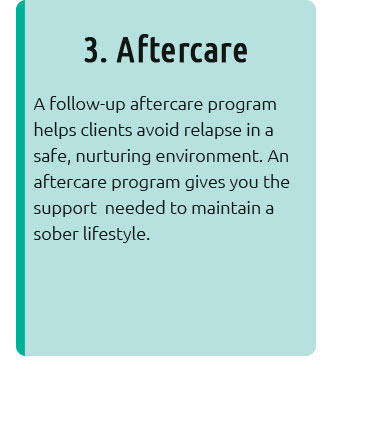 |
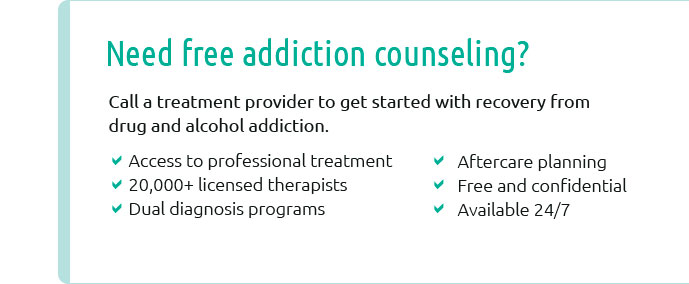 |
 |
 |
 |
||
 |
||
 |
||
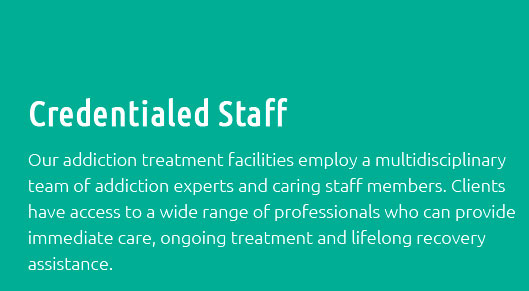 |
 |
 |
|
 |
|
The Importance of Recovery Places: A Sanctuary for the SoulIn the hustle and bustle of modern life, where the cacophony of responsibilities, deadlines, and social obligations often drown out the whisper of inner peace, the concept of 'recovery places' emerges as a beacon of solace. These sanctuaries, ranging from serene natural landscapes to carefully curated urban retreats, offer individuals a chance to pause, reflect, and rejuvenate. The significance of recovery places cannot be overstated, as they provide a much-needed antidote to the relentless pace of contemporary existence. At their core, recovery places are environments specifically designed or naturally suited to facilitate mental, emotional, and sometimes physical recovery. Their importance lies in their ability to offer a refuge from stressors, allowing individuals to recharge their depleted energies. Whether it's the tranquility of a forest, the rhythmic crashing of ocean waves, or the quietude of a meditation center, these places allow people to reconnect with themselves and the world around them in profound ways. For many, the most immediate benefit of a recovery place is the reduction of stress. Nature, in particular, has been shown to have a calming effect on the human mind. The sights, sounds, and smells of the natural world can lower cortisol levels, reduce blood pressure, and promote an overall sense of well-being. This is why so many people find solace in places like national parks, nature reserves, or even their local parks. The act of stepping away from the digital realm and immersing oneself in a landscape untouched by human hands can be incredibly rejuvenating. In urban settings, recovery places often take the form of spas, wellness centers, or even coffee shops designed with comfort and relaxation in mind. These spaces, though man-made, are crafted to offer similar benefits by providing environments that are conducive to relaxation and mindfulness. The gentle hum of a coffee shop, the soothing ambiance of a spa, or the quiet corners of a library can all serve as urban sanctuaries where one can unwind and reflect. Moreover, recovery places can foster a sense of community and shared experience. Retreats, for example, often bring together like-minded individuals seeking similar paths to recovery or enlightenment. This collective journey can be empowering, as individuals draw strength from each other's stories and support. The bonds formed in such environments can be deeply transformative, offering new perspectives and friendships that extend beyond the duration of the retreat. While the benefits of recovery places are widely recognized, it is important to acknowledge that they are not a panacea for all of life's challenges. They serve as a tool, a stepping stone towards greater self-awareness and healing, but the journey of recovery is often complex and multifaceted. Nevertheless, the value of these sanctuaries in our lives is undeniable.
In conclusion, recovery places are essential sanctuaries in our increasingly hectic world. They offer respite, promote healing, and inspire personal growth. As we navigate the complexities of modern life, it is imperative that we recognize the importance of these spaces and incorporate them into our routines. Whether found in nature or nestled within the urban jungle, recovery places provide the peace and tranquility necessary to restore balance and harmony to our lives. https://www.therecoveryvillage.com/local-rehab-resources/oregon/portland/
Finding the perfect addiction treatment center is hard. Our facility is just miles away from Portland, OR, and ready to help with alcohol ... https://discoverrecovery.com/
Discover Recovery is a nationally certified Washington addiction treatment center. We approach the whole self with holistic modalities and individualized ... https://www.slorecoverycenter.com/
SLO Recovery Center is a drug & alcohol rehab in Portland, Oregon. Evidence-based treatment for alcohol, heroin, meth, cocaine, benzos & other addictions.
|